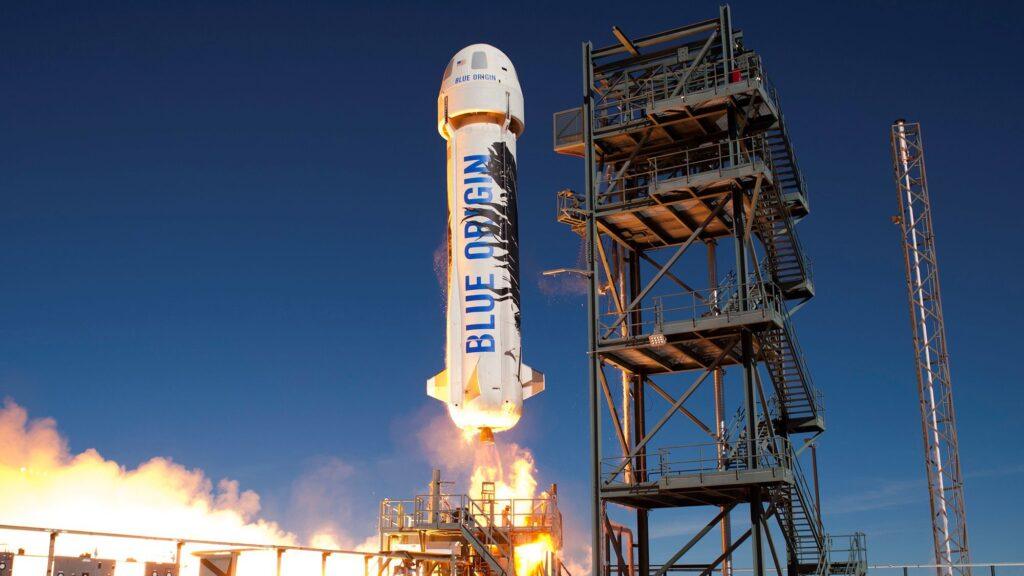- Bezos envisions orbital data centers powered by constant sunlight beyond Earth’s atmosphere
- The plan promises infinite energy, without clouds and without weather interference.
- Launching and maintaining space servers could cost billions in failed missions
Jeff Bezos has outlined a future in which data center operations may no longer be tied to the Earth.
Speaking at Italian Tech Week, the Amazon founder described a possible shift towards orbital computing infrastructure.
He suggested that within two decades, gigawatt-scale facilities could operate in space using uninterrupted solar power.
A new frontier for computing power
The idea is based on the argument that space offers advantages that no terrestrial site can match.
This includes permanent sunlight, the absence of weather disturbances and theoretically unlimited power generation.
Bezos claimed that “giant training clusters” for AI tools would be better housed beyond Earth’s atmosphere, where cooling and power supply are less limited.
In a public conversation with Ferrari and Stellantis president John Elkann, Bezos said: “These giant training clusters will be best built in space, because we have solar power there, 24/7. There are no clouds, no rain, no weather.”
“We will be able to reduce the cost of terrestrial data centers in space in the next two decades.”
The premise is based on the immense power demands of artificial intelligence, particularly the GPU clusters used to train large-scale models.
Since data centers on Earth consume large amounts of electricity and water, the concept of orbital facilities offers a possible solution to growing concerns about sustainability.
Bezos predicted that the cost of operating these space systems could eventually be lower than on Earth.
However, this vision raises technical and economic questions. Maintaining data centers in orbit presents challenges that demand attention.
Hardware failures, upgrades, and the need for human or robotic service would be costly and risky.
Each launch would depend on expensive and complex rocket missions, and even small malfunctions could endanger large-scale systems.
Critics might see this as an idealistic project that underestimates the logistics of sustaining critical IT infrastructure in an environment where spare parts are hundreds of miles away.
Observers see Bezos’ Blue Origin rockets as possible enablers of this shift, although the company has yet to demonstrate the reliability or capability necessary for continued orbital construction.
The plan would require not only reusable rockets but also highly autonomous systems capable of managing thermal regulation and communication between Earth and groups in orbit.
Bezos compared the current rise of AI to the dot-com era, suggesting that despite the risk of speculative “bubbles,” the social impact of AI will be long-lasting.
His comments reflected both optimism and caution, as he urged that short-term market volatility should not obscure the technology’s long-term promise.
Through PakGazette
Follow TechRadar on Google News and add us as a preferred source to receive news, reviews and opinions from our experts in your feeds. Be sure to click the Follow button!
And of course you can also follow TechRadar on TikTok for news, reviews, unboxings in video form and receive regular updates from us on WhatsApp also.




